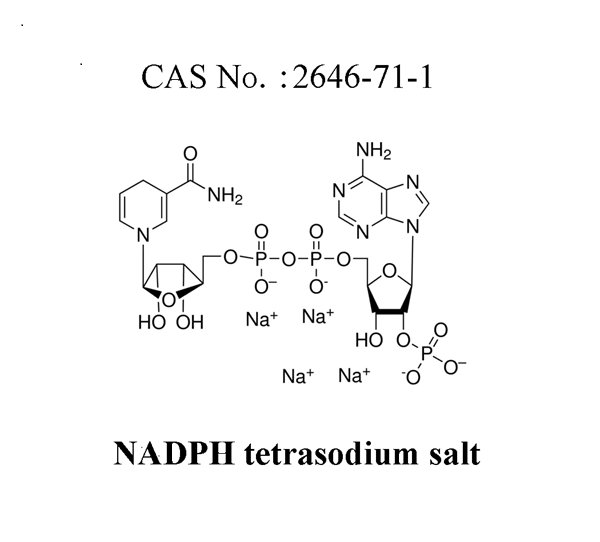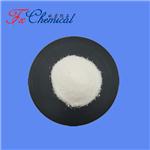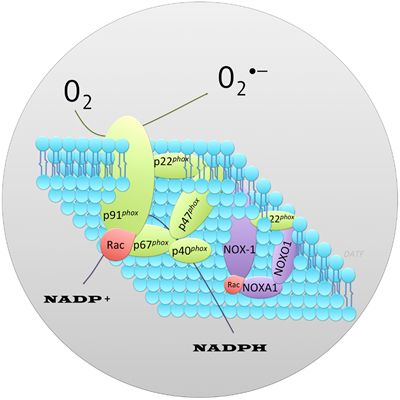Nadph tetrasodium salt: Introduction and Application
What is Nadph tetrasodium salt?
NADPH tetrasodium salt, chemically known as β-Nicotinamide-adenine dinucleotide phosphate, reduced form with four sodium ions, is a ubiquitous coenzyme that serves as an electron donor in a multitude of biological reactions. NADPH tetrasodium salt functions as a crucial cofactor in various metabolic and biosynthetic pathways. It is particularly important in the biosynthesis of essential cellular components such as nucleotides, proteins, fatty acids, and biopolymers. It is also required for lipid biosynthesis, biomass formation, and cell replication, especially in rapidly dividing cancer cells where it aids in the synthesis of these cellular components. Additionally, it plays a vital role in neutralizing reactive oxygen species (ROS) generated by increased metabolic activity. It is also recognized as an endogenous inhibitor of ferroptosis, a form of regulated cell death linked to metabolism and redox biology.

The de novo synthesis of NADPH tetrasodium salt is catalyzed by NAD kinases (NADKs), which convert NAD+ to NADP+. NADPH is mainly involved in catabolic reactions, while it also plays a significant role in cellular antioxidative effects and anabolic reactions. It is used by glutathione reductase (GR) to reduce oxidized glutathione (GSSG) to its reduced form (GSH), which is essential for maintaining cellular redox balance. The regeneration rate of NADPH tetrasodium salt can be a limiting step for the overproduction of desired chemicals in bioprocesses, while also maintaining robust cellular growth.
In addition, NADPH tetrasodium salt homeostasis is regulated by various signaling pathways and metabolic enzymes, which undergo adaptive changes in cancer cells. The metabolic reprogramming of NADPH tetrasodium salt in cancer cells makes them highly dependent on this network for antioxidant capacity and more susceptible to oxidative stress.
Application of Nadph tetrasodium salt
In the pharmaceutical and biotechnology industries, NADPH tetrasodium salt is used as a reagent for the in vitro study of enzyme reactions and the synthesis of chiral compounds.
It is essential for research into cancer cell metabolism and the development of cancer therapeutics, given its role in antioxidant defense and the susceptibility of cancer cells to oxidative stress.
It is also used in the study of cellular redox reactions and the role of glutathione in maintaining cellular health.
You may like
Related articles And Qustion
See also
Lastest Price from Nadph tetrasodium salt manufacturers

US $0.00-0.00/g2025-08-19
- CAS:
- 2646-71-1
- Min. Order:
- 10g
- Purity:
- 99%
- Supply Ability:
- 100KG

US $0.00-0.00/kg2025-04-21
- CAS:
- 2646-71-1
- Min. Order:
- 1kg
- Purity:
- 99%min
- Supply Ability:
- 1000kg




